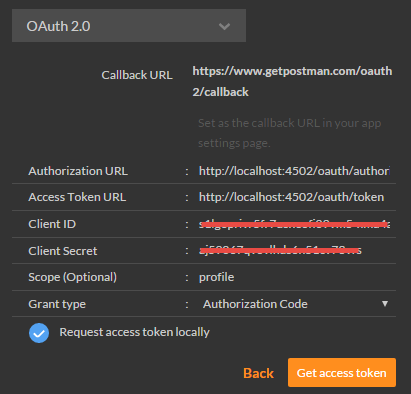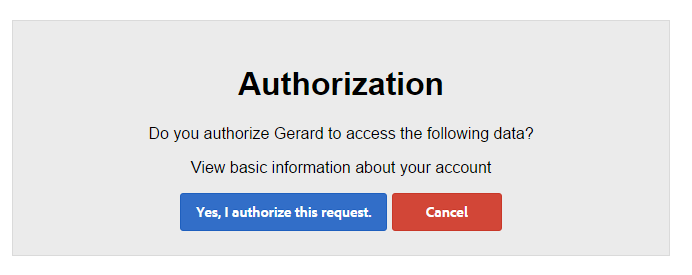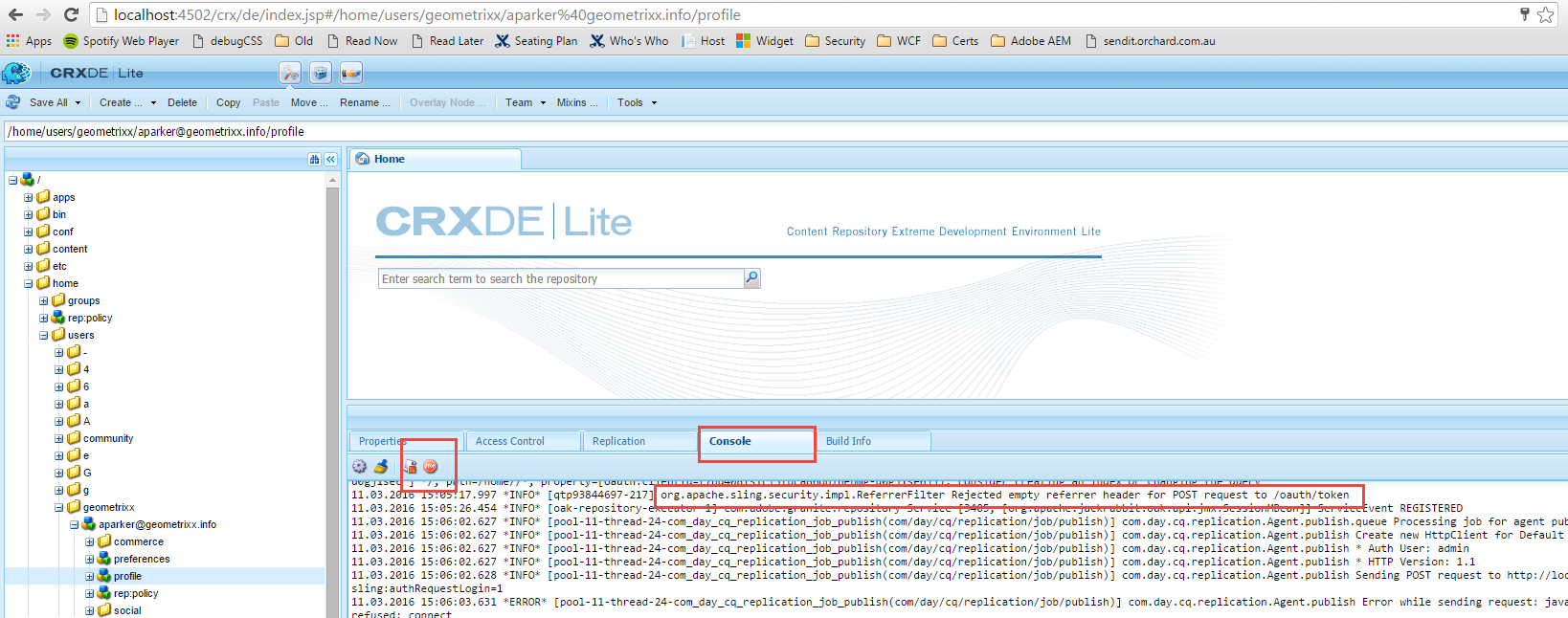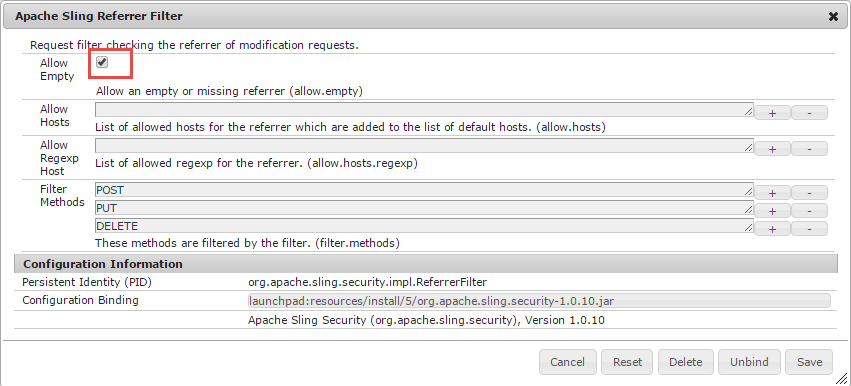Would help if you can list some code snippets on how you are building the url and fetching the token.
Here's an example of how we've implemented very similar to what you are trying to do, maybe it'll help.
Define a service like below (snippet) and define the values (host, url, etc) in OSGI (or you can also hard code them for testing purposes)
@Service(value = OauthAuthentication.class)
@Component(immediate = true, label = "My Oauth Authentication", description = "My Oauth Authentication", policy = ConfigurationPolicy.REQUIRE, metatype = true)
@Properties({
@Property(name = Constants.SERVICE_VENDOR, value = "ABC"),
@Property(name = "service.oauth.host", value = "", label = "Oauth Host", description = "Oauth Athentication Server"),
@Property(name = "service.oauth.url", value = "/service/oauth/token", label = "Oauth URL", description = "Oauth Authentication URL relative to the host"),
@Property(name = "service.oauth.clientid", value = "", label = "Oauth Client ID", description = "Oauth client ID to use in the authentication procedure"),
@Property(name = "service.oauth.clientsecret", value = "", label = "Oauth Client Secret", description = "Oauth client secret to use in the authentication procedure"),
@Property(name = "service.oauth.granttype", value = "", label = "Oauth Grant Type", description = "Oauth grant type") })
public class OauthAuthentication {
...
@Activate
private void activate(ComponentContext context) {
Dictionary<String, Object> properties = context.getProperties();
host = OsgiUtil.toString(properties, PROPERTY_SERVICE_OAUTH_HOST,new String());
// Similarly get all values
url =
clientID =
clientSecret =
grantType =
authType = "Basic" + " "+ Base64.encode(new String(clientID + ":" + clientSecret));
}
public static void getAuthorizationToken(
try {
UserManager userManager = resourceResolver.adaptTo(UserManager.class);
Session session = resourceResolver.adaptTo(Session.class);
// Getting the current user
Authorizable auth = userManager.getAuthorizable(session.getUserID());
user = auth.getID();
password = ...
...
...
String serviceURL = (host.startsWith("http") ? "": protocol + "://") + host + url;
httpclient = HttpClients.custom().build();
HttpPost httppost = new HttpPost(serviceURL);
// set params
ArrayList<BasicNameValuePair> formparams = new ArrayList<BasicNameValuePair>();
formparams.add(new BasicNameValuePair("username", user));
formparams.add(new BasicNameValuePair("password", password));
formparams.add(new BasicNameValuePair("client_id", clientID));
formparams.add(new BasicNameValuePair("client_secret",clientSecret));
formparams.add(new BasicNameValuePair("grant_type",grantType));
UrlEncodedFormEntity postEntity = new UrlEncodedFormEntity(formparams, "UTF-8");
httppost.setEntity(postEntity);
// set header
httppost.addHeader("Authorization", authType);
response = httpclient.execute(httppost);
HttpEntity entity = response.getEntity();
if (response.getStatusLine().getStatusCode() == 200) {
if (entity != null) {
object = new JSONObject(EntityUtils.toString(entity));
}
if (object != null) {
accessToken = object.getString("access_token");
////
}
}
}




